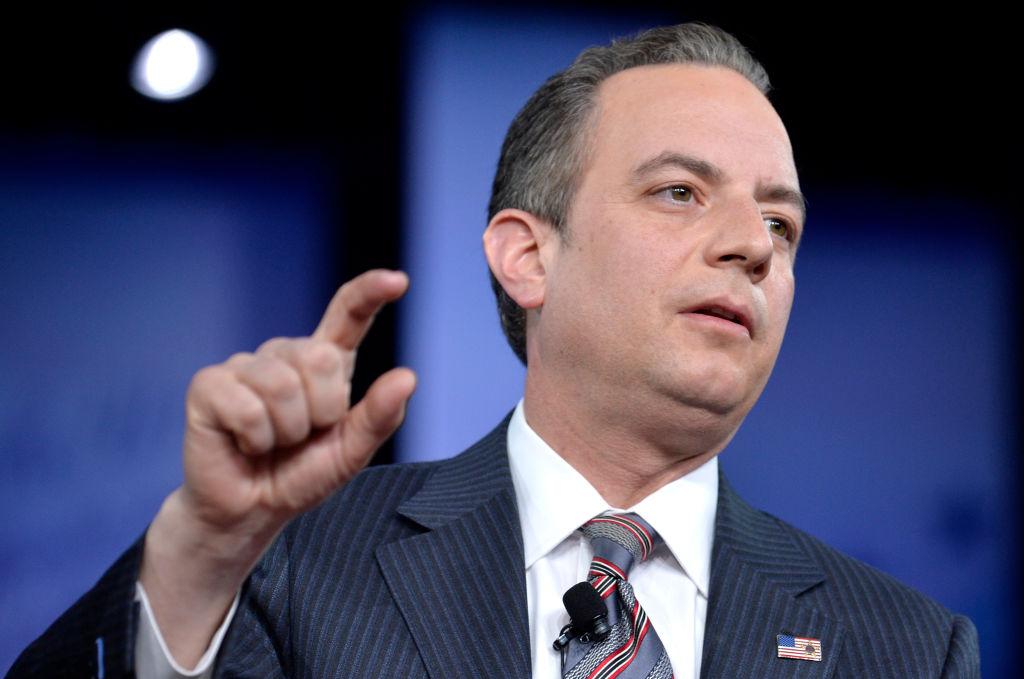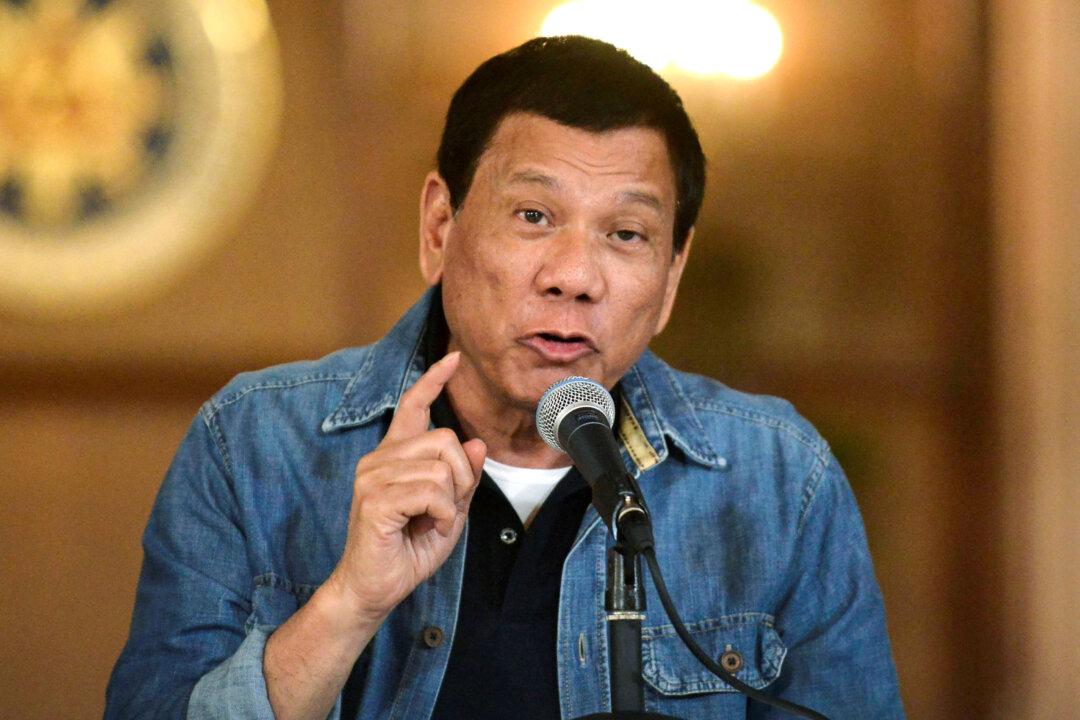WASHINGTON—The White House on Sunday defended President Donald Trump’s decision to invite Philippine President Rodrigo Duterte to Washington, saying his cooperation was needed to counter North Korea, even as the administration faced human rights criticism for its overture to Manila.
Trump issued the invitation on Saturday night in what the White House said was a “very friendly” phone conversation with Duterte, who is accused by international human rights groups of supporting a campaign of extrajudicial killings of drug suspects in the Philippines.
“There is nothing right now facing this country and facing the region that is a bigger threat than what’s happening in North Korea,” White House chief of staff Reince Priebus told ABC’s “This Week” during a weekend in which Trump sought to firm up support in Southeast Asia to help rein in North Korea’s nuclear and missile programs.
North Korea suggested on Monday it would continue its nuclear weapons tests, saying it will bolster its force “to the maximum” in a “consecutive and successive way at any moment” in the face of what it calls U.S. aggression and hysteria.
Priebus insisted the outreach to Duterte “doesn’t mean that human rights don’t matter, but what it does mean is that the issues facing us developing out of North Korea are so serious that we need cooperation at some level with as many partners in the area as we can get to make sure we have our ducks in a row.”






